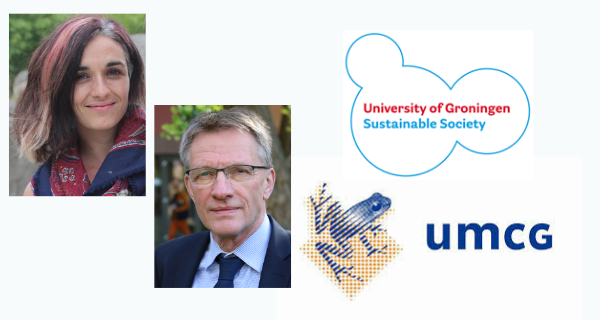Exceptional powers in time of Sars-CoV-2 crisis
Since January 2020, governments have engaged in exceptional decision-making to limit the propagation of COVID-19. Although initially strong, public support for emergency measures has eroded as the severity of the pandemic has lessened. Throughout Europe, citizens and scholars are increasingly critical about the democratic and human right costs of the management of the pandemic. Moreover, exceptional measures can durably affect democratic governance. If unaddressed, this decrease in public trust can reduce citizens’ compliance with public health measures and destabilize democratic stability. This calls for urgent research on the modalities, impacts and determinants of emergency decisions in crisis times. To meet this need, EXCEPTIUS analyses exceptional decision-making in 32 European countries. The project contributes interdisciplinary knowledge to the study of democratic resilience, by assessing why some democratic systems prove more resilient to crises and which political reforms increase such resilience.
The team
The project is led by Dr. Clara Egger of the Centre for International Relations Research and an assistant professor of International Relations and Political Science at the Faculty of Arts, in collaboration with Prof. Kees Aarts of the Faculty of Social and Behavioural Science, and with the support of the UMCG and of the university-wide theme ‘Sustainable Societies’. The project is supported by an international board, involving scholars and civil society organisations. Data collection is done in partnership with 15 European universities.
About the grant
ZonMW: Effectiveness and impact of measures during COVID-19
Research into the effectiveness and/or impact of measures or strategies during the corona pandemic aims to provide insight into the future. The projects focus, among other things, on crisis management of governments, care and corona measures and communication about prevention of COVID-19. Other examples include research into the lessons we can learn from the measures taken by other European countries. In addition, there are projects with a focus on the use of technologies, such as data science, logistics, artificial intelligence and sensory systems and the ethical and legal aspects thereof (e.g. introduction of the corona-app in The Netherlands).
Read more about the funding scheme and the other projects on the ZonMW website.

More news
-
19 January 2026
Digitization can leave disadvantaged citizens in the lurch
-
13 January 2026
Doing good in complex situations
